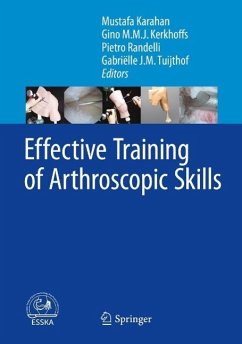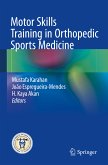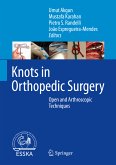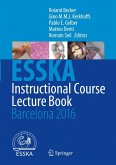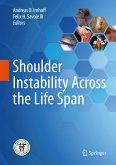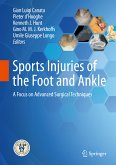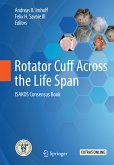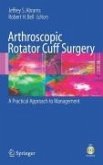This book explains how training in arthroscopic skills is best carried out in order to keep up to date with advances in arthroscopy, meet the ever-increasing demand for high-quality care, and respond to changes in available training time. State of the art developments regarding tools, performance monitoring, and learning strategies are presented, and practical guidelines provided for direct implementation in daily clinical practice. The coverage of simulation-based training ranges from the use of wet labs and box trainers through to sophisticated virtual reality simulators. Subsequent sections on objective performance tracking of training outside and in the operating room cover a variety of key aspects, including psychomotor learning, the adequacy of performance measures, evidence-based thresholds, preclinical training strategies, the role of global rating scales, and video tools.
As a result of the success of arthroscopy, its role in the orthopaedic armamentarium is continuously increasing and ever more complex surgeries are being performed arthroscopically. Effective training in arthroscopy is essential to good outcomes. The guidance provided in this book by acknowledged experts in the field will assist in improving the efficiency and effectiveness of arthroscopic training and in enhancing patient safety.
Dieser Download kann aus rechtlichen Gründen nur mit Rechnungsadresse in A, B, BG, CY, CZ, D, DK, EW, E, FIN, F, GR, HR, H, IRL, I, LT, L, LR, M, NL, PL, P, R, S, SLO, SK ausgeliefert werden.

